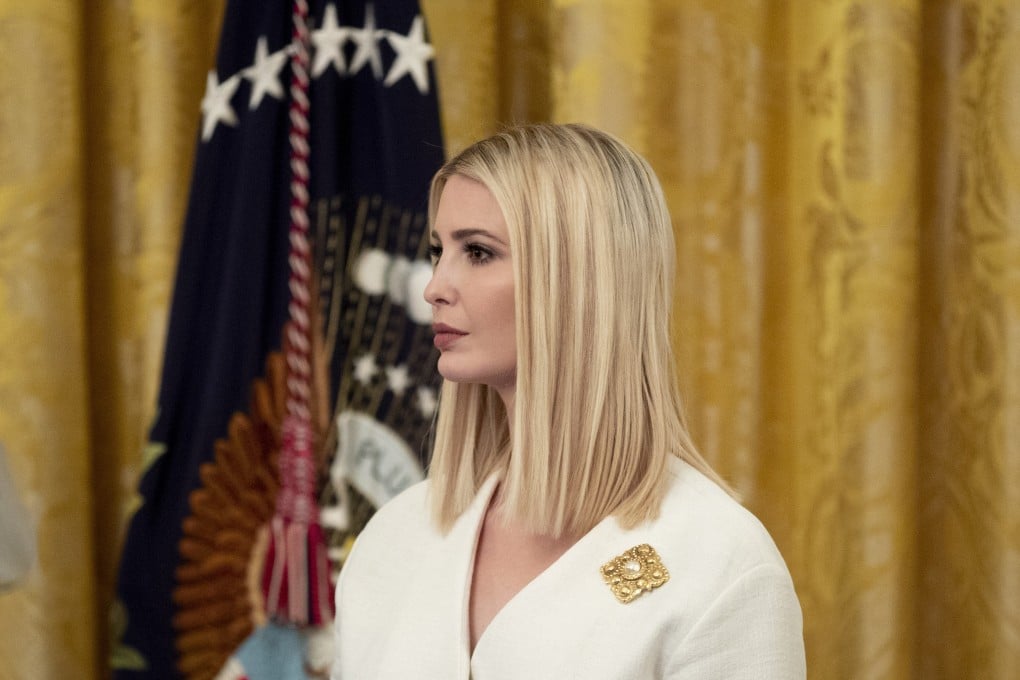Opinion | Cancel culture: how social media has stopped us from holding the rich and powerful to account
Once a useful tool wielded by ordinary folk, boycotting people is now being exploited by hysterical online die hards. Is it time to cancel the cancellers?

Just like the phrases “triggered”, “snowflake” and “safe space”, being cancelledis an unwanted gift from the social media age – the very reason we can’t have nice things like the internet without ruining it. But for the uninitiated, cancel culture is when the public (or at least a motivated minority with big social media followings) withdraws its support for a person, group or company over objectionable behaviour, comments or even outfits. If that sounds a bit arbitrary, it is.
Don’t get me wrong, I am not against the weak and powerless holding the rich and powerful to account, which not too long ago was the basis of cancel culture. If anything we need more of that. It was once good and righteous. Nowadays, I am more just sick of where we have ended up with cancelling, and how performative and meaningless it has become and how it adds yet more grist to the outrage mill online. Heck, cancelling has become such a joke that I am constantly cancelling friends and family over WhatsApp in the name of humour. Admittedly, they rarely speak to me these days, but they are busy as it has been a roller-coaster start to 2020. Probably.

What triggered (ha!) my recent antipathy to cancel culture was the supposed cancelling of actor Vince Vaughn. He hasn’t done anything illegal or terrible – aside from Delivery Man (2013) and Unfinished Business (2015) – but he made the news a few weeks ago for shaking hands and exchanging pleasantries with Donald and Melania Trump at a college-football game. To read the stories about this incident on sites such as CNN.com, you’d think Vaughn was the latest bête noire, but take it from someone who is “very online”, the reality is no one, besides a few always angry yahoos, cared.

